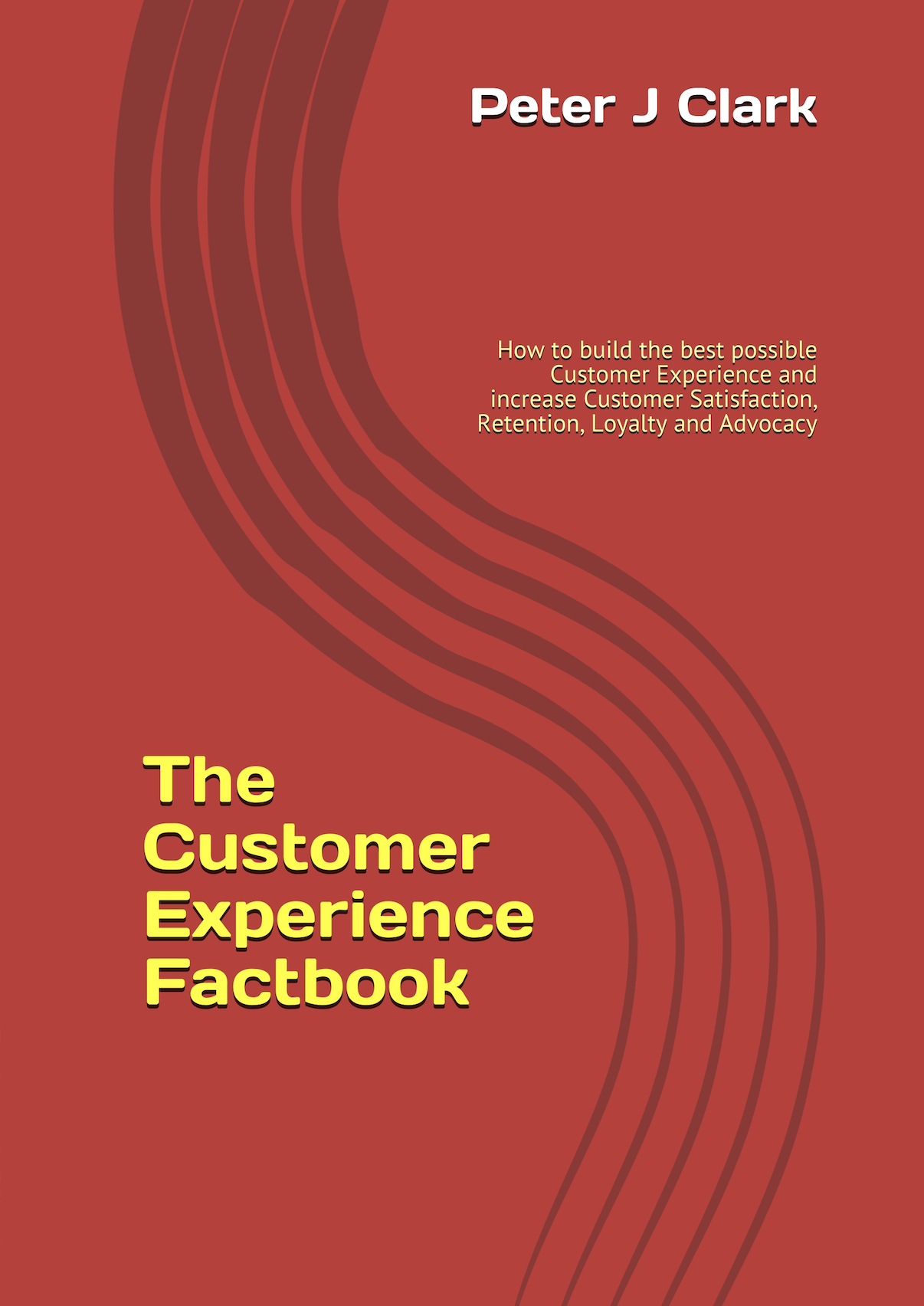British consumers may be ready for contactless
The contactless payment symbol is now recognised by the vast majority of British consumers, suggesting that consumers are aware not only of the technology but also of the nationwide roll-out of the system, according to research from Barclaycard.
More than 80% of the public - almost double the figure from 2011's survey - said they can identify the contactless symbol, with people in London and the North West being the quickest to adopt the new way to pay.
The research highlighted a marked shift in consumer spending preference, with 61% of people saying they preferred using cards over cash to buy items up to £20 in value.
Richard Armstrong, retailer relationship director for Barclaycard, commented: "The number of people using contactless has rocketed over the last year and, across Barclays, we're now seeing our customers make more than a million such payments per month. We're now working with a much wider range of retailers across transport, supermarkets, entertainment and indeed anywhere you currently use cash. A host of retailers have announced the move to contactless, including Starbucks, Waitrose and the M6 toll road."
Apart from contactless debit and credit cards, Barclaycard also offers contactless mobile phones, Barclaycard PayTag (which can be attached to a mobile phone) and, at selected events, a Barclaycard PayBand (which is worn around the wrist).
As contactless transactions pass the million-a-month mark in the United Kingdom, Barclaycard asked behavioural psychologist Donna Dawson to explain how new technology catches on. According to Dawson, "There are connected issues at work: habit and fear. We've been using coins since 600BC, which is a tough habit to break. Because of this, different ways to pay have the shock of the 'new' and, if we have no experience of something, we tend to fear it. Increased recognition leads to a significant trend developing, and represents the breakthrough of a psychological barrier. So the fact that we're witnessing this with a technology which is only five years old compared to centuries of cash is remarkable."
One hurdle for the adoption of contactless has been a perception that the technology is not safe. In fact, 75% of people didn't know that contactless, like all card payments, are insured against fraud. When told that this was the case, more than 40% said they would be even more inclined to use the technology, while fewer than 10% still had concerns.
In contrast to people's fears of electronic fraud, the most common way to lose money was forgetfulness: a quarter of those surveyed admitted that they had left their wallet or purse in a public place, losing all the money inside. Given our absentmindedness it would seem that carrying contactless cards and devices could be safer, cheaper and more convenient for many people.
One retailer that offers contactless payments is The Co-operative Group, which has recently begun a trial of the technology. According to Mark Hale, CIO and supply chain director for The Co-operative Food, "Customer reaction has been very positive since we introduced contactless payments into our stores within the M25 and Manchester city centre in May 2012. We identified from implementation in other retailers that customers often worry they'll do something wrong and so hold back from using their cards. We learnt from that experience and have focused on training our store colleagues to help customers through their first purchase and have supported this with clear point of sale promoting the fact that contactless is available."
Co-op also made sure that its contactless payment solution was part of the Chip & PIN device at the point of sale, so that the customer didn't have to look for a different terminal to make a contactless payment. The company also found that, once shoppers have used contactless technology, they generally appreciate the quicker payment option and tend to do it on a regular basis.
Sources: Barclaycard / The Marketing Factbook.
Copyright © 2012 - 2025 The Marketing Factbook.
Categorised as:
- Customer Experience
- Knowing The Customer
- Marketing Know-How
- Marketing Technology
